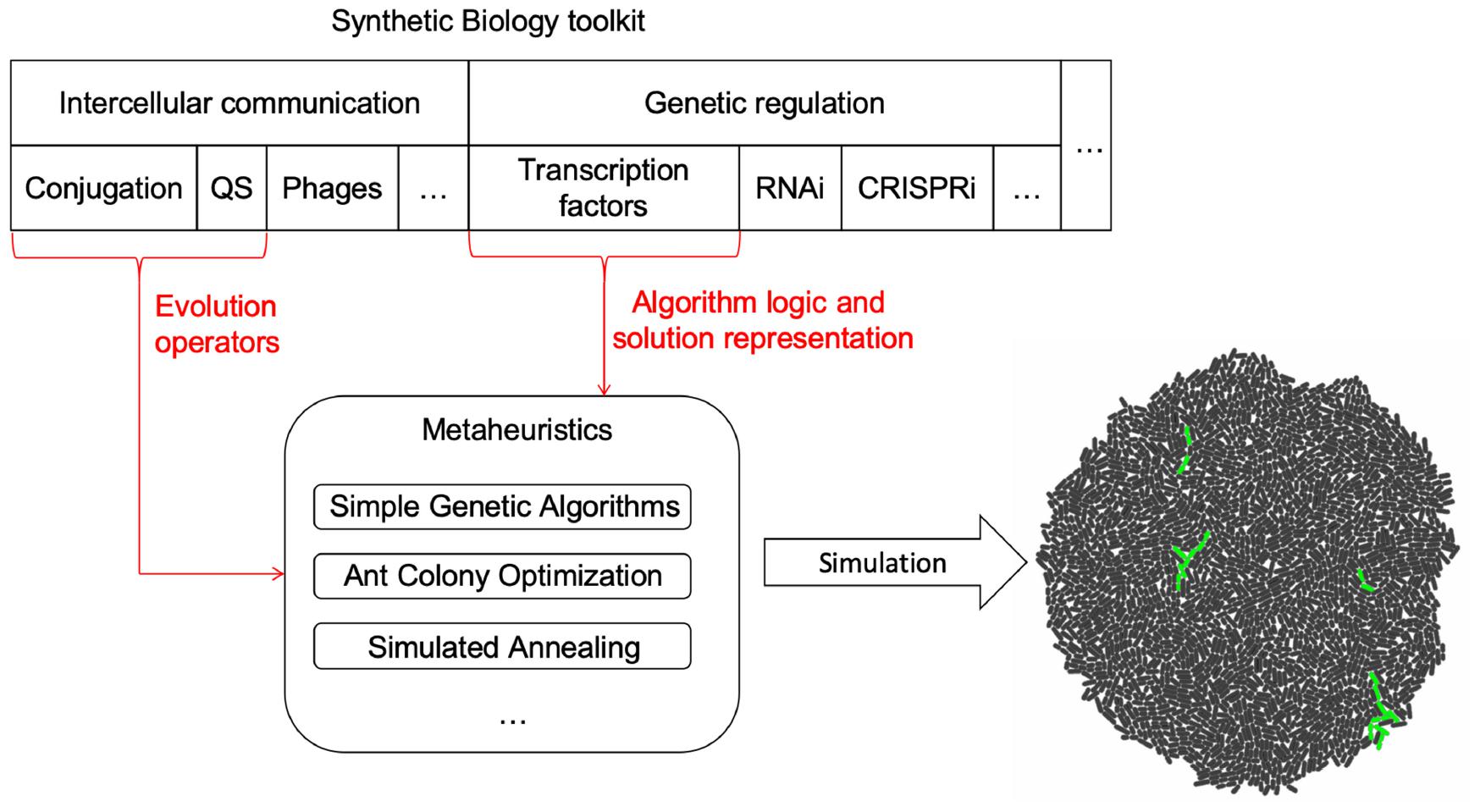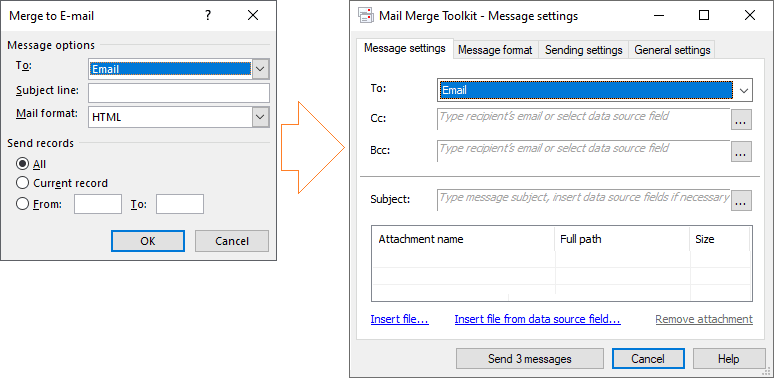

To find duplicate user and group names, use the Duplicate Users and Duplicate Groups reports from Quest Reporter.īelow are some of the examples of possible reports, just to give an idea which kind of information can b useful during a migration.
If not, you should either rename one of them or skip them during migration. If two accounts, source and target, have the same name and belong to the same person, they should be merged during migration. In that box, like in the standard one, you can choose the data field containing recipient addresses, set message subject (btw, in Mail Merge Toolkit you can use automatic data field insertion like in a document text), set the format, and choose files to be attached to each. You should find duplicate user and group names and determine which accounts belong to the same person and which do not. The Mail Merge Toolkit dialogue looks very similar to the standard Microsoft Office box 'Merge to Electronic Mail'. Inactive Accounts – Shows all accounts that are disabled or deemed inactive during the time period you specifyĪlthough Migration Manager reports on duplicate accounts during the migration session and allows you rename, merge, or skip them on the fly, the best practice is to handle duplicates before migration. To locate such accounts, use the following reports in Quest Reporter:Īccounts that have never logged on – Displays user accounts that have never logged on You might also want to filter out user accounts that have not been logged on to for a long period of time and disable them prior to migration. We recommend you use this option and not bring disabled accounts to Active Directory. Migration Manager can automatically filter out disabled accounts during migration. For more information, visit Use Reporter's FSMO Roles report to help you determine FSMO placement. Quest Reporter-Reports on the current Active Directory environment and assists with planning migration activities in the target Active Directory forest or domain.
#Mail merge toolkit 2.7 pdf#
The first step in migration is to assess your environment and design an appropriate migration plan. Using those tools, it is possible to perform the following types of merge that cannot be done with Mail Merge out-of-the-box: Merge to e-mail messages either with or without attachments, with the documents created by the merge being sent as either Word or PDF attachments or as the body of the e-mail message. Quest documentation (QMM Tips and Tricks) contains this information:



 0 kommentar(er)
0 kommentar(er)
